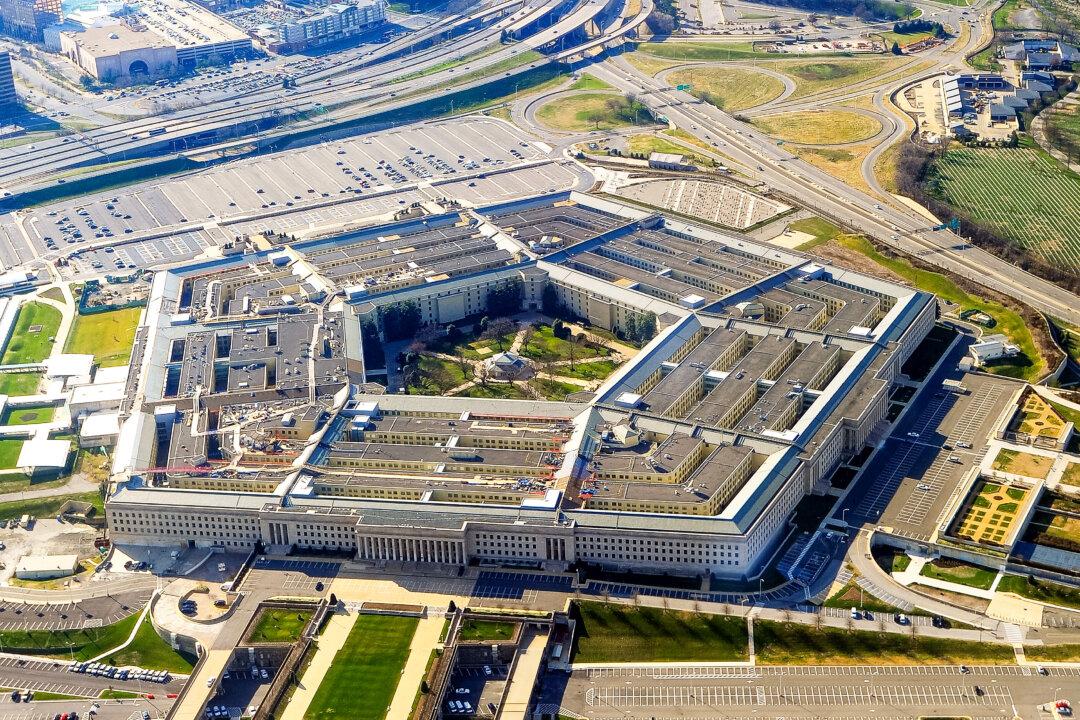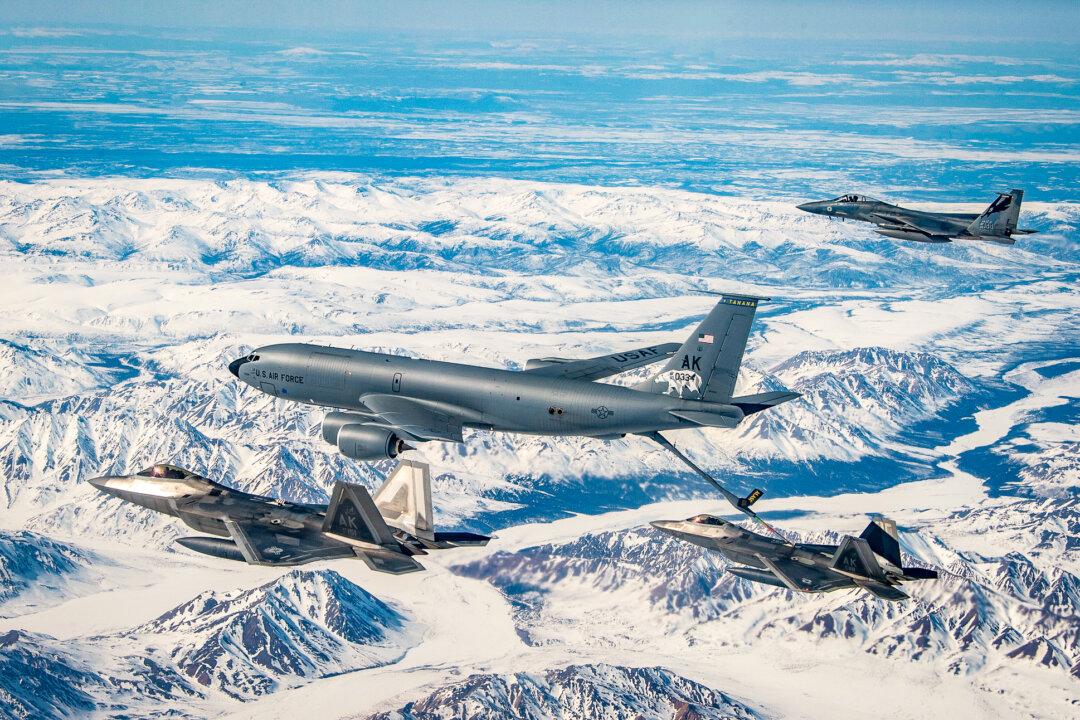The Chinese regime is learning from the Russia–Ukraine conflict and what it’s currently witnessing may embolden Beijing’s ambitions on Taiwan, analysts say.
As Russia advances through Ukraine, the Chinese Communist Party (CCP) is cataloging “all information from the invasion” as part of their plan to invade Taiwan sooner than later, according to retired U.S. Air Force Col. Dan Steiner.




